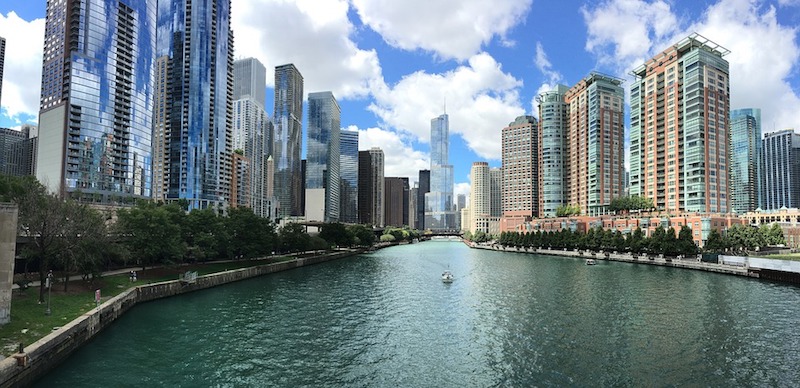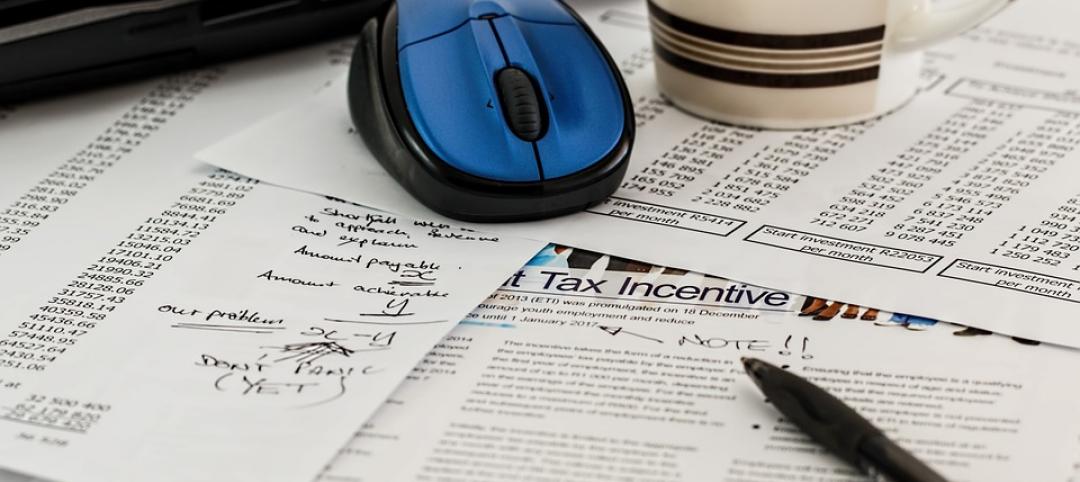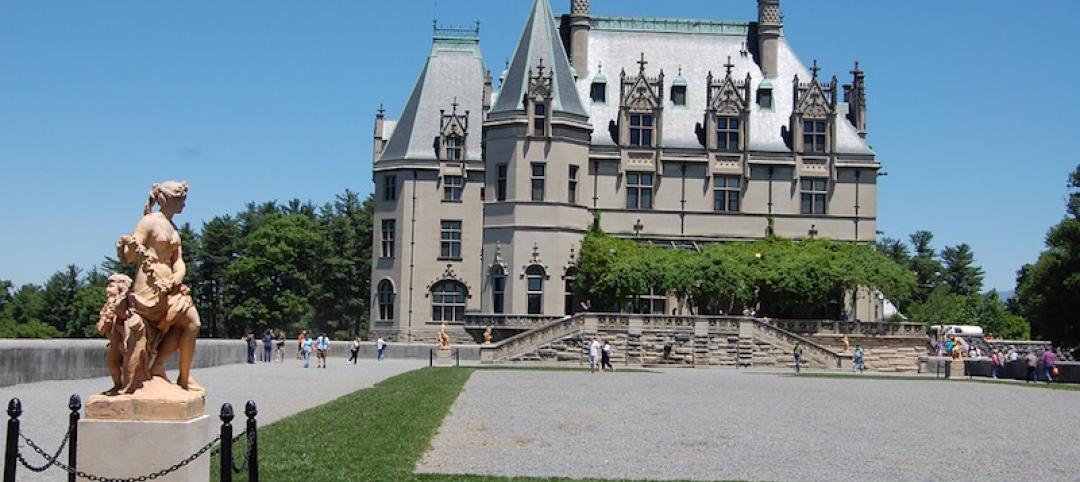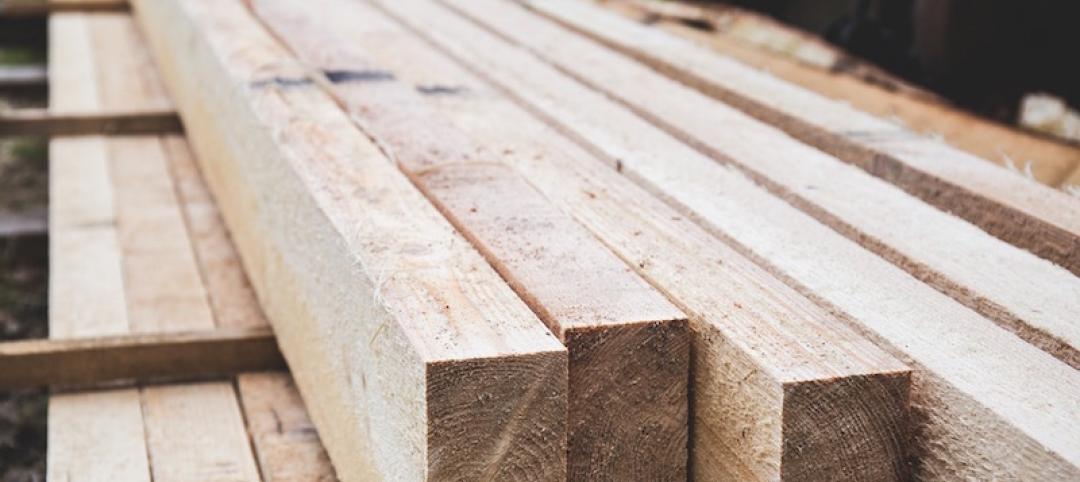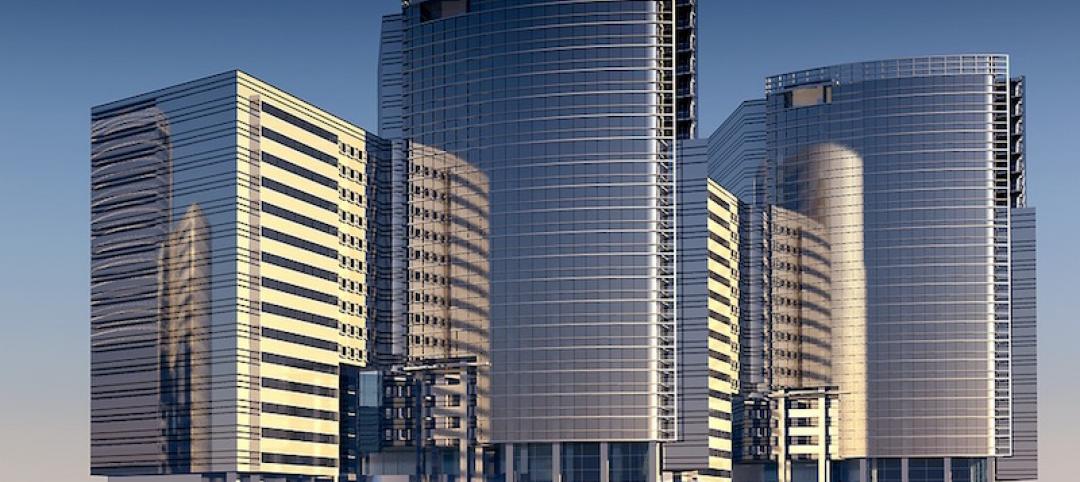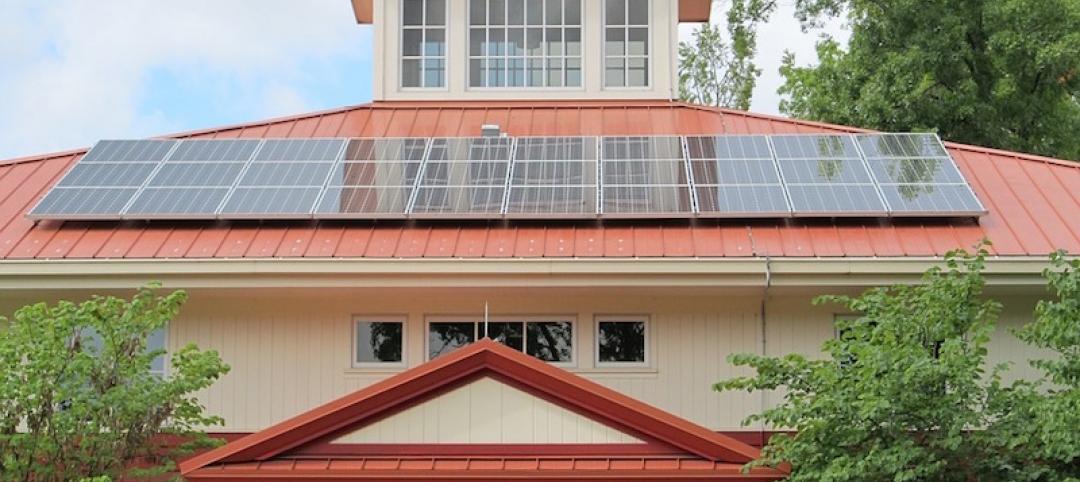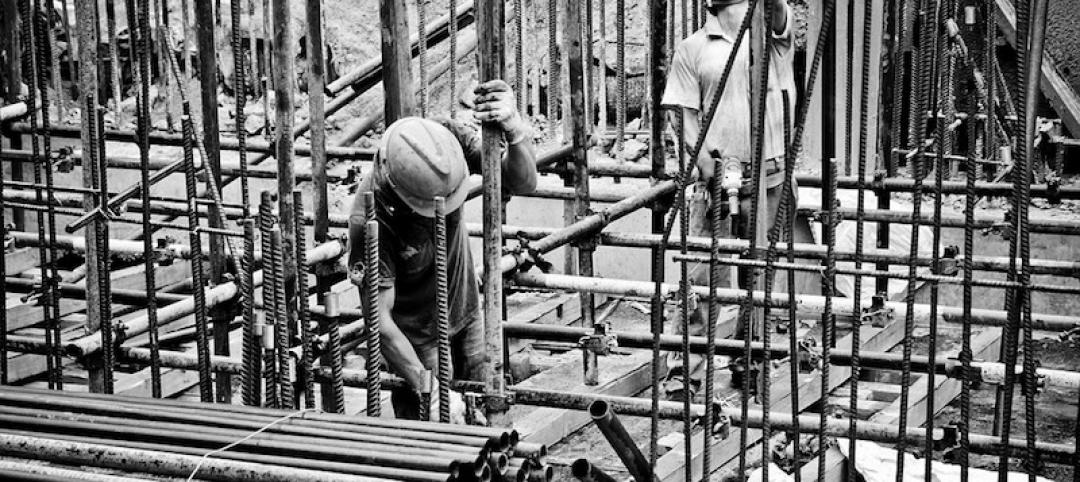Action on buildings codes is fundamental to efforts to significantly reduce urban carbon emissions, according to a report published by the Chicago Council on Global Affairs.
Cities in the most developed countries should encourage faster retrofit cycles and increase energy-efficiency requirements for existing buildings, the report says. In addition, they should develop zero-carbon energy codes for new construction and transition to an all-electric future.
In less-developed urban areas, the primary challenge is to quickly develop and implement energy codes for new construction while fostering energy-efficiency improvements in appliances. Increasing local capacity for code enforcement is another important component.
Cities in developing markets need to create base energy codes to avoid locking in decades of high carbon usage in new construction and address concerns about access to modern energy sources. The report looked at 10 global cities and highlighted a set of principles to reduce carbon emissions.
Related Stories
Codes and Standards | Dec 4, 2017
Trump tax proposal would kill historic tax credits
Developers would lose up to 20% discounts on some redevelopment projects.
Codes and Standards | Nov 30, 2017
Asheville, N.C. rezoning favors pedestrians, could change city’s character
Focus is on layout and look of new buildings rather than use.
Codes and Standards | Nov 29, 2017
Many New York City landlords have not addressed new flood codes
City revised building codes after Superstorm Sandy, but many owners not required to upgrade.
Codes and Standards | Nov 28, 2017
Nail-Laminated timber Canadian design and construction guide released
Includes practical strategies and guidance with lessons from real-life projects.
Codes and Standards | Nov 27, 2017
New standard to monitor building sealing performance
Increased understanding of how materials act when stretched and compressed is the goal.
Codes and Standards | Nov 27, 2017
Denver voters approve green roof mandate
Buildings of 25,000 sf or larger required to install vegetative roof or PVs.
Codes and Standards | Nov 21, 2017
USGBC adopts ‘RELi’ resilient building and design standard
The standard prescribes methods for designing more resilient buildings and communities.
Codes and Standards | Nov 21, 2017
Updated material transparency web site and hazardous building materials list unveiled
Improved versions of tools aimed at use of healthier construction supplies.
Codes and Standards | Nov 16, 2017
White roofing isn’t always the best choice
Adverse effects include heat reflection onto nearby walls.
Codes and Standards | Nov 15, 2017
U.S. finalizes tariffs on Canadian softwood lumber
The duties would add 20% or more to cost if trade negotiators can’t find common ground.


